The Outsider: An interview with director Thomas Meadmore
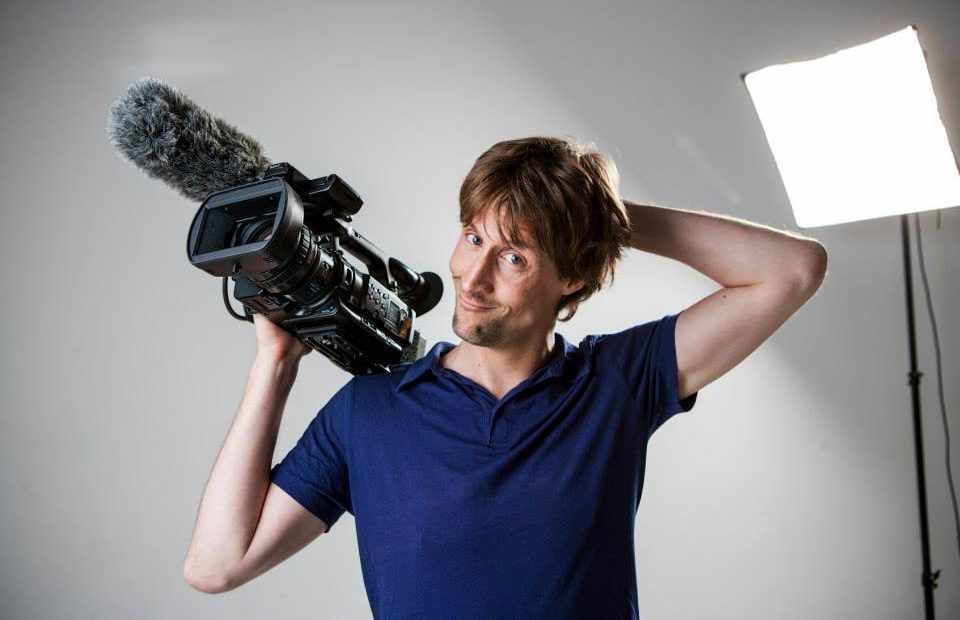
The Outsider is a riveting new documentary by filmmaker Thomas Meadmore which dives into an obscure and relatively unknown realm – the financial markets of the shipping industry – to unpick the scandal surrounding self-made Taiwanese billionaire Nobu Su as his shipping empire verged on the brink of collapse during the global financial crisis. Was it his own reckless “street kid” naivety that caused his downfall, or were the banks conspiring against him from the outset?
Hugely entertaining throughout, this film and character study transports us into Su’s own unique sphere, where we gain valuable insight into this larger-than-life character as an unsettling truth about the high finance industry is brought to the surface.
We got an opportunity to speak to director Thomas Meadmore about his experience filming with the business giant, his process when making the feature and his thoughts on the current state of the financial world.
This documentary is based on a rather obscure story about a banking scandal in the shipping industry. How did you first come across this story?
Okay, well. I was approached by a prominent indie film producer here in London who was making a fictional version of the film that’s based on the conspiracy, and he wanted me to make a behind-the-scenes documentary on – I suppose – conspiracy theories. And I met Nobu as the source of these conspiracy theories. These experiences happened to him personally, so I thought it would be much better to tell the human story about these conspiracy theories that are wrapped around him. He’s an extraordinarily colourful man and there are a lot of extraordinary stories within his life. I thought this could be a very interesting character study of a man who gets wrapped up in all of this chaos. It basically went from there, going behind the scenes and becoming something much bigger.
Like you said, Nobu is an extremely colourful and eccentric character. Could you explain how you first met, and what it was like working with him?
Look, working with Nobu was one of the most chaotic and – at the same time – exciting experiences of my life. For example, when we first started shooting, he said “let’s go. We’ll set up a shoot in Hong Kong,” and we were supposed to shoot the next day in Tai Po. Next thing you know, we’re in Tai Po and he says “actually we’re going to go to Singapore and then Dubai.” Last minute, everything changed – the whole schedule. We all had to jump ship and go somewhere else, completely on a tangent. Every step of the way I had no idea what we were doing. He would not tell me what we were doing, where we were going, or why we were going there. He would just do whatever he wanted to do, and we would just need to somehow figure out what the story was. On one hand, it was brilliant because, you know, it was exciting and fun; on the other, it was excruciating because you need to gather the narrative as you go. You need to understand the narrative as you go, you need to understand the story so you can tell it. And, in the end, I just ended up making the chaos part of the story, making that mystery part of the story.
Did this cause any tension between you and Nobu during filming?
There was no tension on the set, no. The most fascinating thing about him, which actually probably doesn’t come across on screen, is that he is very cool – always. I never saw him once lose his cool, no matter what happened, and we got on exceptionally well. We had a very good rapport and as a result, he opened up more, and more, and more, especially about his family. He’s a very private man. There was no tension with us.
The tension, if any, came from my own anxiety around “okay, I have no idea what I’m doing, and I still have to do it myself and make a film. How am I going to do that?” So, aside from that, it was actually quite a lot of fun.
Aside from Nobu, you also have other interviewees such as Sam Chambers. How did you get into contact with them and how did their input shape your idea of an overall narrative?
So basically I said to Nobu on our very first trip to Singapore: “Nobu, who can I speak to who doesn’t like you. I need to speak to people who don’t like you.” I literally just jumped on a plane, I hadn’t even begun research. So we’re having a conversation: “Oh, Sam Chambers. He’s in Singapore. You can email him”. And he happened to be in Singapore at the same time for a big convention so I interviewed him literally the day after I first heard of him and asked him all about Nobu and the various story points that I knew. And the same, really, for everyone else.
There was a lot that I couldn’t answer, there was a lot I couldn’t explain, and a lot that was Nobu’s speculation, and trying to discern fact from fiction sometimes was very difficult, so I decided to make this mystery part of the story and part of, I suppose, the discussion and conflict of the film itself. So all the contributors offer different points of view based on their own experience, and their own experience of Nobu.
Your film is very entertaining. It has a good sense of humour and uses some quirky animation. How do you balance the truth in the narrative with your own creativity as a documentary filmmaker?
That’s an interesting question. I guess you always have to let people speak for themselves, unless I’m authoring it as the voice of the film then I think that I have to stay out of the way. I had to choose a story thread, and the strongest story thread was the arc given that was contrary to the banks. So you have Nobu’s point of view, and I had to find alternative points of view to either contrast or conflict them; that was the most important aspect.
The whole thing’s retrospective, so how do you illustrate a story you don’t have footage for? Sometimes you use animation, sometimes you use archive footage to give an impression. We shot a whole lot of footage with Nobu that we used to paint a picture of his current lifestyle, and you can contrast that with the story we’re telling. That’s the best way we got creative.
You mentioned there that a lot of your film was shot retrospectively. At what period did you get involved in the scandal?
Because a lot of this particular story happened between 2000 and 2008, it had to be retrospective. I got involved in this film in March 2017. I’d never heard of Nobu before, I got involved in March and we had it finished in December, so it was very fast. In that time, I filmed lots of interviews that gave me narratives for the retrospective story, and I was also able to film a lot of story beats that are happening now – like the bank in Taiwan. That’s been happening over the last twelve months and we filmed that in the moment. There were weeks between the retrospective and the stuff that was happening in Nobu’s everyday life.
Like you said, this is an ongoing story, something which you highlight in your film. Do you think we could potentially see a follow-up from you in the future?
I’ll be interested to see how this film plays and how well it goes. If people respond to it well, then maybe we’ll do another one. I think there’s definitely scope because he’s constantly fighting, he’s constantly taking on all these big institutions. I think that his character is interesting to follow, and this could be an interesting story to observe. We’ll see. The fight’s still happening.
Has Nobu had a chance to see the film?
Oh yeah. Nobu loves the film. He’s very excited about it. He understands that editorially we had to be very critical of him, and he’s okay with that. He’s very pleased. It’s very difficult to understand Nobu sometimes. He speaks in business and banking riddles, and so, having a film that distils the story in a way that’s palatable, I think he appreciates it.
It must have been hard to get to grips with all the financial jargon. What was it like entering into this kind of environment?
It was very difficult for me to get my head around all these strange and new terms. I was furiously reading up about the global financial crisis and how all the paper markets marked, and what did any of this mean. I had no idea how all that worked. It’s never made sense to me. I was very much on a steep learning curve. It was really difficult, and it took quite a long time to wrap my head around it. I got there in the end, and I hope it’s at least somewhat intelligible.
Of course, your film is being released during Trump-era America at a time where there’s a lot of “fake news”. Do you think Nobu’s story is especially relevant today?
I think that this story is relative from a banking point of view. The banks weren’t held accountable for what they did, and what they did was extraordinary. It was absolutely extraordinary. If you really look into what happened in the global financial crisis – the greed was horrifying. And I really didn’t know. I kind of had my head under the carpet to the extent of what was going on. The idea that a lot of people and institutions weren’t heard accountable makes me really quite furious. This story illustrates how one individual can be affected.
Sure, Nobu’s a very wealthy man, and you could take the point of view of, you know, “boo hoo, he’s a rich cry-baby,” and fair enough, but, at the same time, he thinks that banks are rock-solid. I thought that the banks were rock-solid and this kind of thing just couldn’t happen. As you can see very clearly that it did happen, the fact that no one was held accountable is very upsetting. In that way, I think the story is very relevant. Nothing has changed; banks are still unregulated.
One final question to wrap things up: what is your opinion about Nobu after everything you’ve learned about him and all the time you’ve spent with him?
I think Nobu’s extraordinary. I think he’s great fun. I think he’s a lovely guy. I don’t think he always played by the rules at all, and I think that got him in a lot of trouble – and still gets him in a lot of trouble today. I think that part of that is just his nature, and part of that is people don’t understand the best way to work with him.
Do I think he was wronged? I definitely think he was wronged. Do I think he might have brought some of this on himself? I think – at times – yes, because it takes two to tango. Do I think that there’s justice to be had, here, in his favour? Yes. Do I like the man? I really like the man. I’m very fond of him and I thoroughly enjoyed working with him, and I would continue to do so at every opportunity.
Andrew Murray
The Outsider is released in select cinemas on 20th April 2018 and will be available on iTunes in May 2018.
The Outsiders premieres as part of the East End Film Festival 2018.
Watch the trailer for The Outsider here:

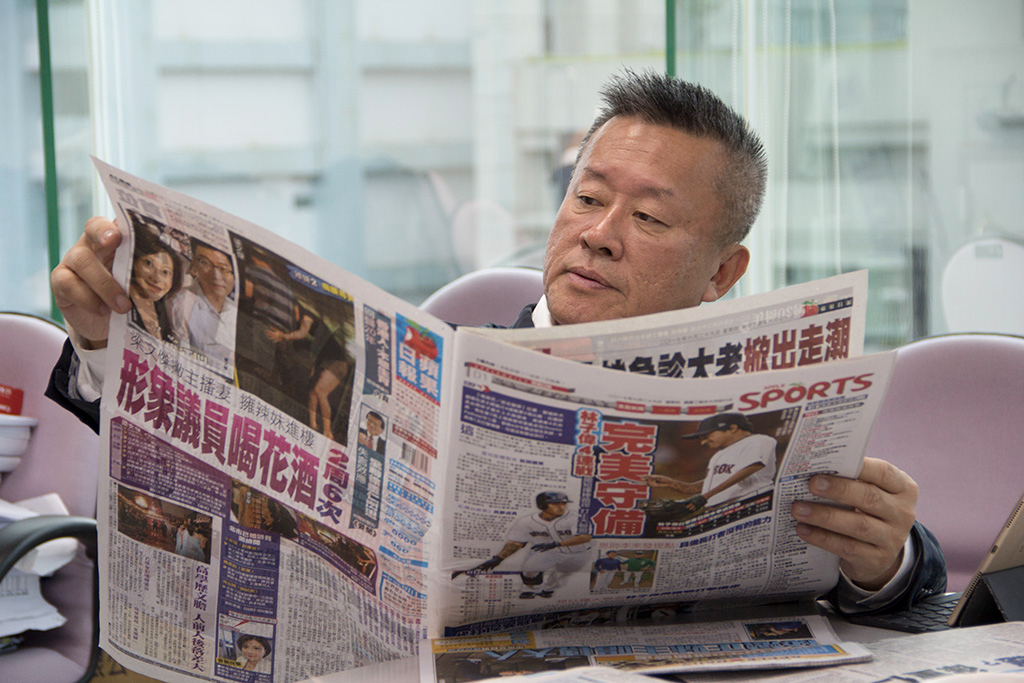
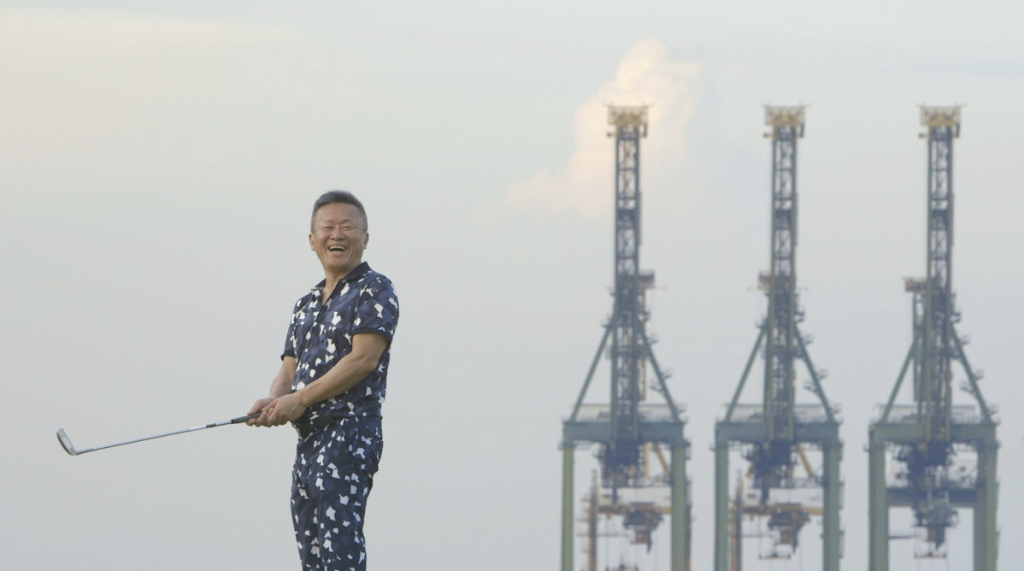
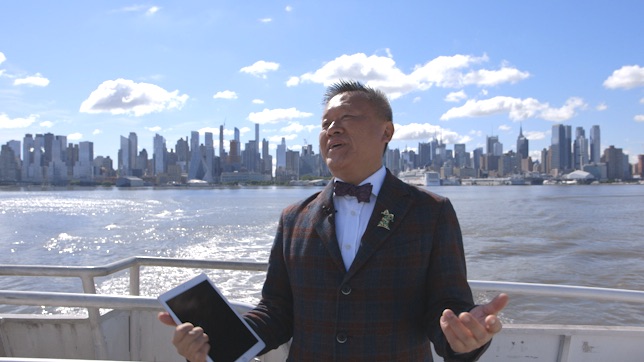






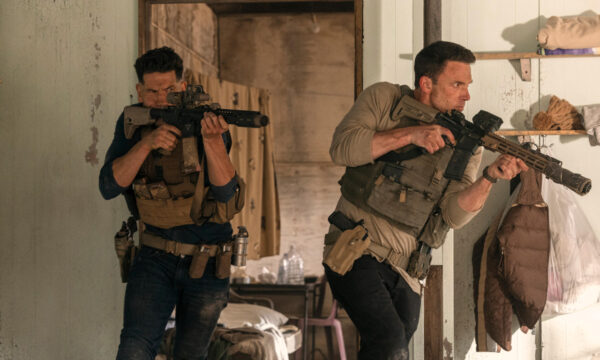














Facebook
Twitter
Instagram
YouTube
RSS